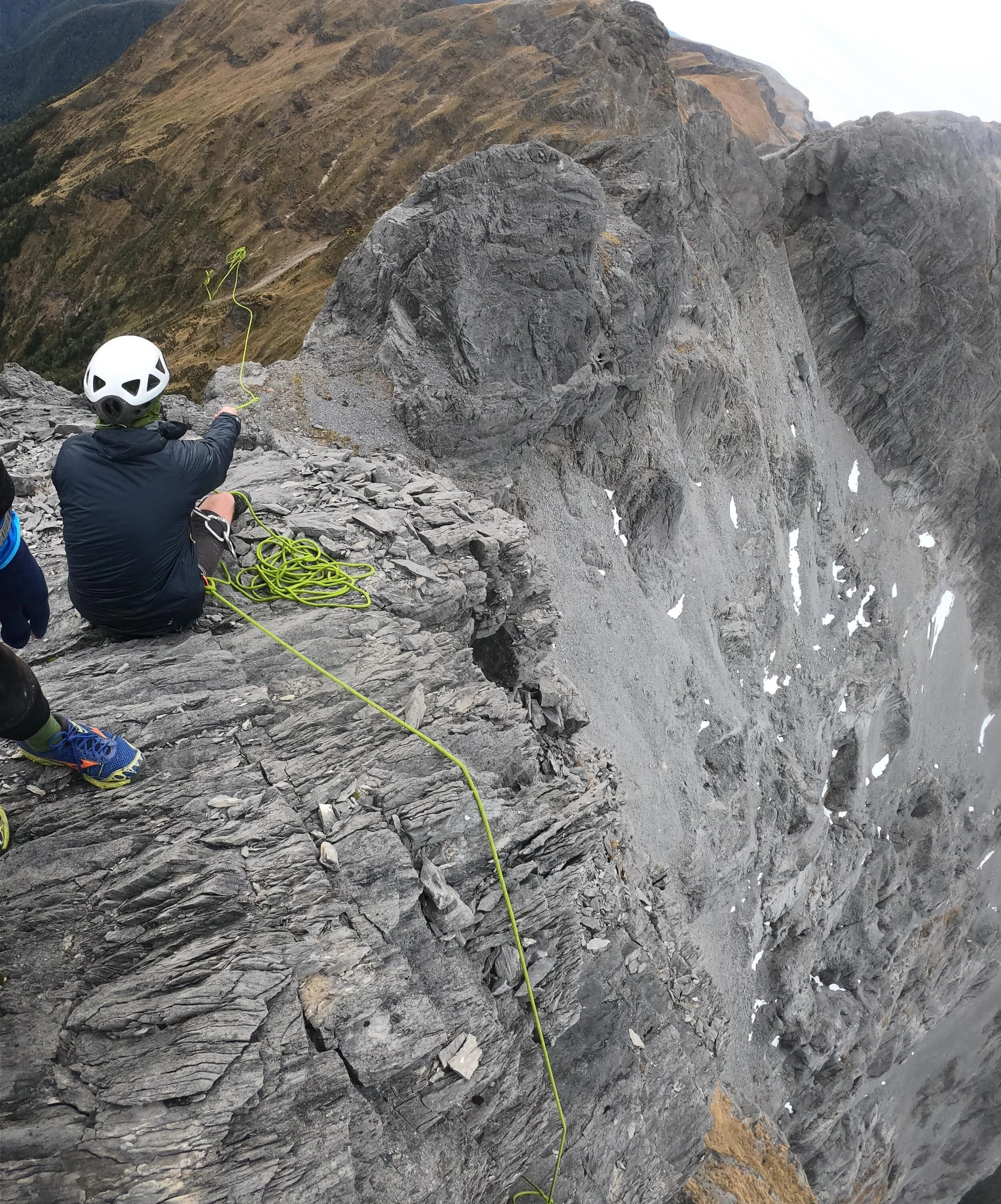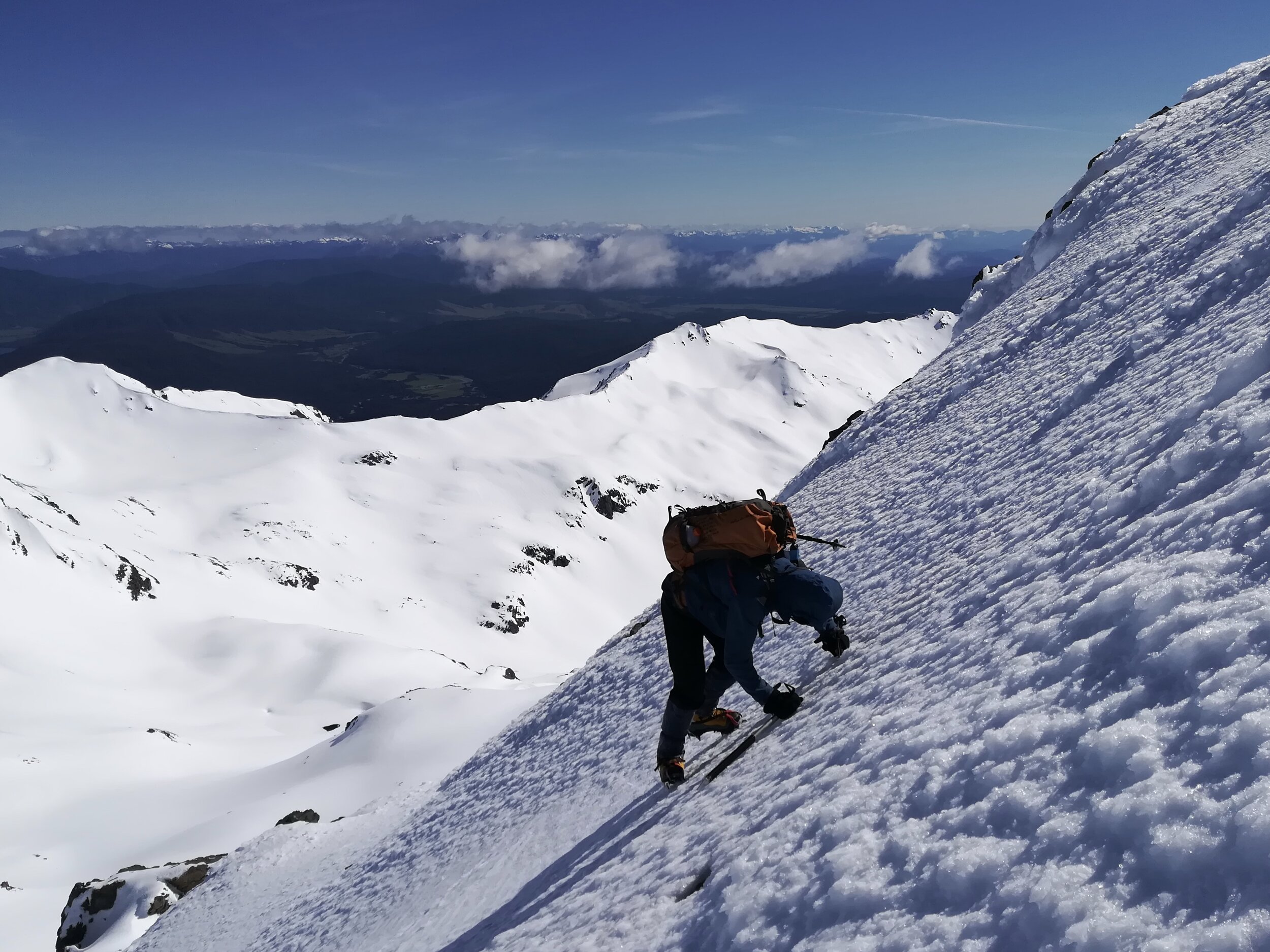Dawn on Motueka Quay
Five months have past since my last post and a rather eventful time that has been. Unfortunately the said eventfulness and the current situation both here and world wide has meant a serious revision downwards in potential plans and goals - certainly for this year and maybe for years to come. Our remote Pacific location here in New Zealand has once more kept us “safe” if that word can be used without some skepticism attached but has also turned us into basically a prison island with no immediate prospects otherwise. Plans to head once more into Asia have been shelved in the meantime and with the economic situation being what it it is I headed out and got a job in the fields apple picking - which has now turned into apple tree pruning for the winter. It seems at least for this year it will be a catch up year on many things for me and hopefully time to get out into the local mountains a little more seriously. A brief photo resume of the best of the last 5 months below.
Early season snow observed whilst looking through apple tree branch’s in the valley at dawn. I’m on the ladder picking apples. April and May were crisp, dry and clear.
Our group below the North Twin after completing the Twins traverse - this mountaineering route is almost outside the backdoor so to speak and is a great day out.
Clair looking down one of the massive drops that lead to vast underground caverns that constitute the largest cave system known in the Southern Hemisphere underneath the Arthur range where the Twins are located.
Trekking through the Karst country below the Twins - huge crevasses and caves everywhere.
Rope goes out!
Looking for a belay point on the South Twin.
summit of North Twin looking to the South twin
Some good exposure!
In the keyhole.
Local hike with Leo on the Motueka estuary.
Nothing like a camp fire with Carl and boys
On the flanks of Mt Cupola with Mt Hopeless in the back ground.
Mt Hopeless from above Cupola hut. this rugged peak is one of the more spectacular in the Nelson lakes.
Looking up the Traver’s valley in the Nelson lakes.
Another view further downstream - Traver’s valley.
On the flanks of 2169m in the Raglan ranges with Jake
Walking out of Coldwater creek flanked by loose rocky spires on either side.
Climbing up Mt Chittenden - unusually firm rock for this region makes it fun.
Brad negotiates the final rock before the summit of Chittenden
On the ridge with Joel
The ride up the Rainbow - fastest way in and out he Nelson lakes.
Velo mountaineering.
Last river crossing.
Joel rides out.
Long valley walks.
Hiking toward’s a pass - one of the many alpine tarns that dot the local ranges behind - this is in the Raglan ranges.
Jake rues about the loose nature of 2169!! a scary scramble indeed.
Familiar pose with Jake, translating the outside World into paper map form.
one of the Water falls heading up the Hukere stream.
Ben and I scratch our head’s as we try and figure out a route plan for getting into the Tangula mountains on the Tibetan plateau - a trip we have now had to delay so as to give us additional time for head scratching.
With family down at the beach on a stormy day.
With a dearth of mammal and reptilian life in New Zealand , native endemic birds are the prime animals and on most trips in the Kahurangi NP one will meet the naughty Kea’s at some stage.
The Tahake - recently reintroduced to the region is somewhat rarer - there is still much debate on when and how birds such as the Kea and Tahake actually ended up on these islands.
Dawn view on Arthur range - the mountain in the distance is Mount Tarnaki a couple of hundred Km’s away in the North Island. unusually clear conditions left it in plain view in the early morning light.
































































































